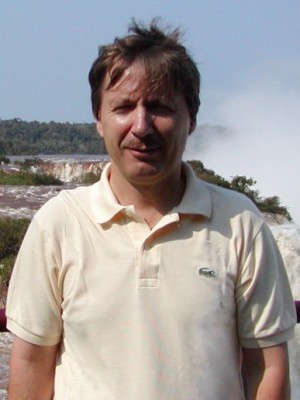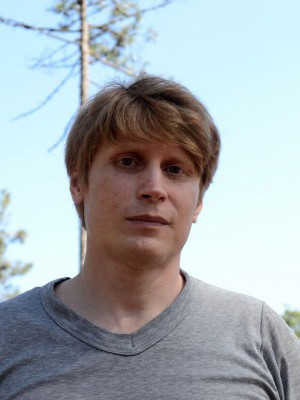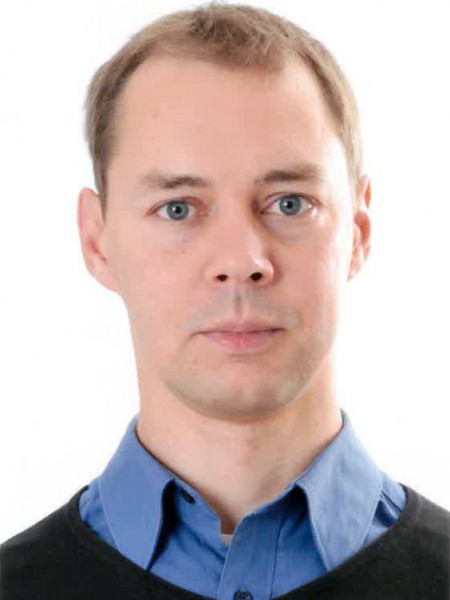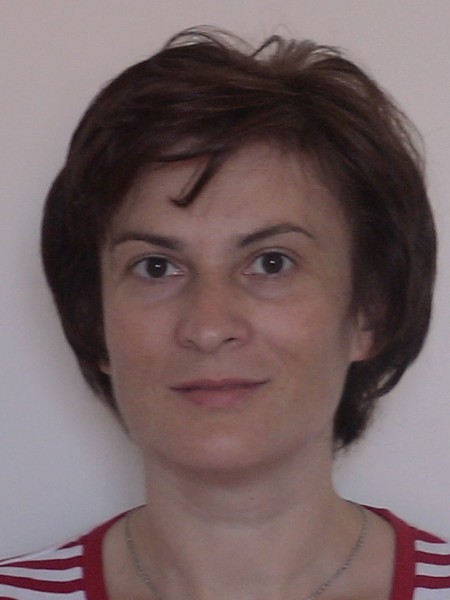abstract
Piezoactive biomaterials are currently in the forefront of the worldwide research due to the multitude of applications ranging from implantable biosensors to biocompatible energy harvesters. Among them, biomolecular piezoelectrics based on amino acids and dipeptides (as exemplified by diphenylalanine, FF) are the most studied. Major problem is an inability to control the self-assembly process to produce dense films with controlled orientation and thickness. To overcome this, we propose a novel method of the formation of crystalline piezoactive FF films via solid phase crystallization directly from the amorphous phase. The process starts from the spin-coating of FF monomers in an organic solution. These layers are then exposed to a controlled humidity that triggers nucleation and growth of highly oriented piezoactive areas (domains). The crystallization process proceeds without changing the morphology and results in dense films with controlled thickness. Large ferroelectric-like domains possess uniform piezoresponse of about 30 pm/V with the in-plane polarization. The growth kinetics is controlled by the temperature and humidity, suggesting that fully in-plane oriented films can be obtained. It is hypothetized that the solid-phase crystallization can be applied to other bioorganic piezoelectrics and thus open an avenue for further use of these materials in implantable piezotronics and beyond. (c) 2021 Elsevier Ltd. All rights reserved.
keywords
PEPTIDE NANOTUBES; PIEZOELECTRICITY; MICROTUBES; GROWTH
subject category
Materials Science
authors
Romanyuk, K; Slabov, V; Alikin, D; Zelenovskiy, P; Correia, MRP; Keller, K; Ferreira, RAS; Vasilev, S; Kopyl, S; Kholkin, A
our authors
Groups
G2 - Photonic, Electronic and Magnetic Materials
G3 - Electrochemical Materials, Interfaces and Coatings
acknowledgements
This work was developed within the scope of the project CICECO-Aveiro Institute of Materials, UIDB/50011/2020 & UIDP/50011/2020, financed by national funds through the FCT/MEC and when appropriate co-financed by FEDER under the PT2020 Partnership Agreement. It is also funded by national funds (OE), through FCT -Fundacao para a Ciencia e a Tecnologia, I.P., in the scope of the framework contract foreseen in the numbers 4, 5 and 6 of the article 23, of the Decree-Law 57/2016, of August 29, changed by Law 57/2017, of July 19. This work was also suported within the scope of the project i3N, IDB/50025/2020 & UIDP/50025/2020, financed by national funds through the FCT/MEC. P.Z., S.K. and A.K. were partly supported by the FCT (Portugal) through the project BioPiezo-PTDC/CTM-CTM/31679/2017 (CENTRO-01-0145-FEDER-031679). The authors thank Dr P. S. Andre for the help with the ellipsometry measurements. Growth of the diphenylalanine films with controllable thickness was done in Ural Federal University. This part of research was made possible by Russian Science Foundation (Grant 19-72-10076). S.V. thanks the financial support by Career-FIT that has received funding from the European Union's Horizon 2020 research and innovation programme under the Marie Sklodowska-Curie grant (agreement No. 713654). The equipment of the Ural Center for Shared Use Modern nanotechnology Ural Federal University (Reg.. 2968) was used with the financial support of the Ministry of Science and Higher Education of the Russian Federation (Project. 075-15-2021-677).







